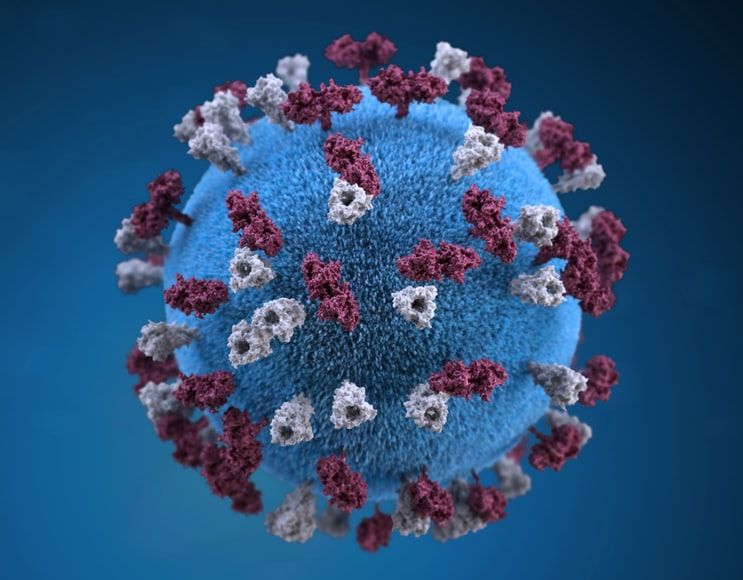Queensland has
recorded its first two omicron cases and identified them as omicron and ‘omicron-like’
due to the genetic differences. While the previously identified omicron variant
has the S gene dropout, which remains the normal way of screening for the variant,
the new sub-lineage does not have the aforementioned dropout.
The former variant was
detected in a Nigerian man, who flew into Queensland from Sydney. He was
quarantined in a hotel in Cairns, after testing positive. Now, the genomic
sequencing results have confirmed the presence of the omicron variant. Meanwhile,
the latter ‘omicron-like’ variant was detected in a South African traveller who
was tested in Brisbane. Both men are doing fine, as per reports.
Also Read | Omicron cases: South Korea reports ‘stealth’ variant, COVID tally exceeds 7,000
Since Queensland has
quarantine arrangements in place for international travellers, they were able
to identify the cases without them penetrating the community. All passengers on
the flight with the Nigerian man have also been deemed as close contacts. When
the lab tested the variants, the scientists were quick to find the differences
between them.
They relayed this
information to the international committee in a timely manner, upon identifying
the differences between the full and normal omicron variants. This new
classification is bound to help other communities trace the spread of omicron
more easily.
Also Read | WHO advises against plasma therapy as COVID treatment
Peter Aitken, the Chief
Health Officer, noted that the COVID journey was starting in some ways. While
the earlier plans had been to eliminate it, and vaccine rollouts took place
accordingly, the new phase has necessitated a shift towards suppression.
Expecting
a rise in case numbers, the authorities have highlighted that they will consider
measures, including the need to wear masks. Officials have to carry out contact
tracing and quarantine all close contacts. They have warned people that there
will be some interruptions to their daily lives, and this period might be
difficult, due to a spike in cases.







